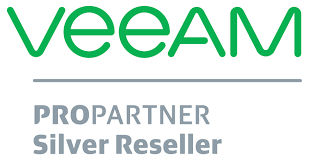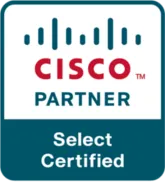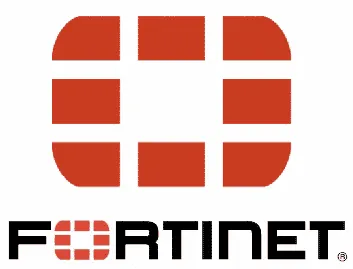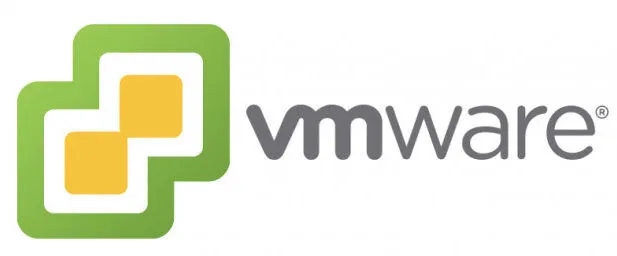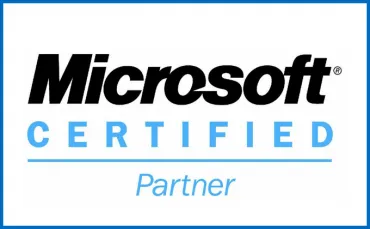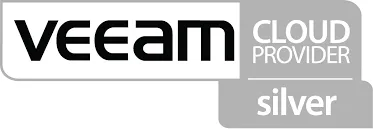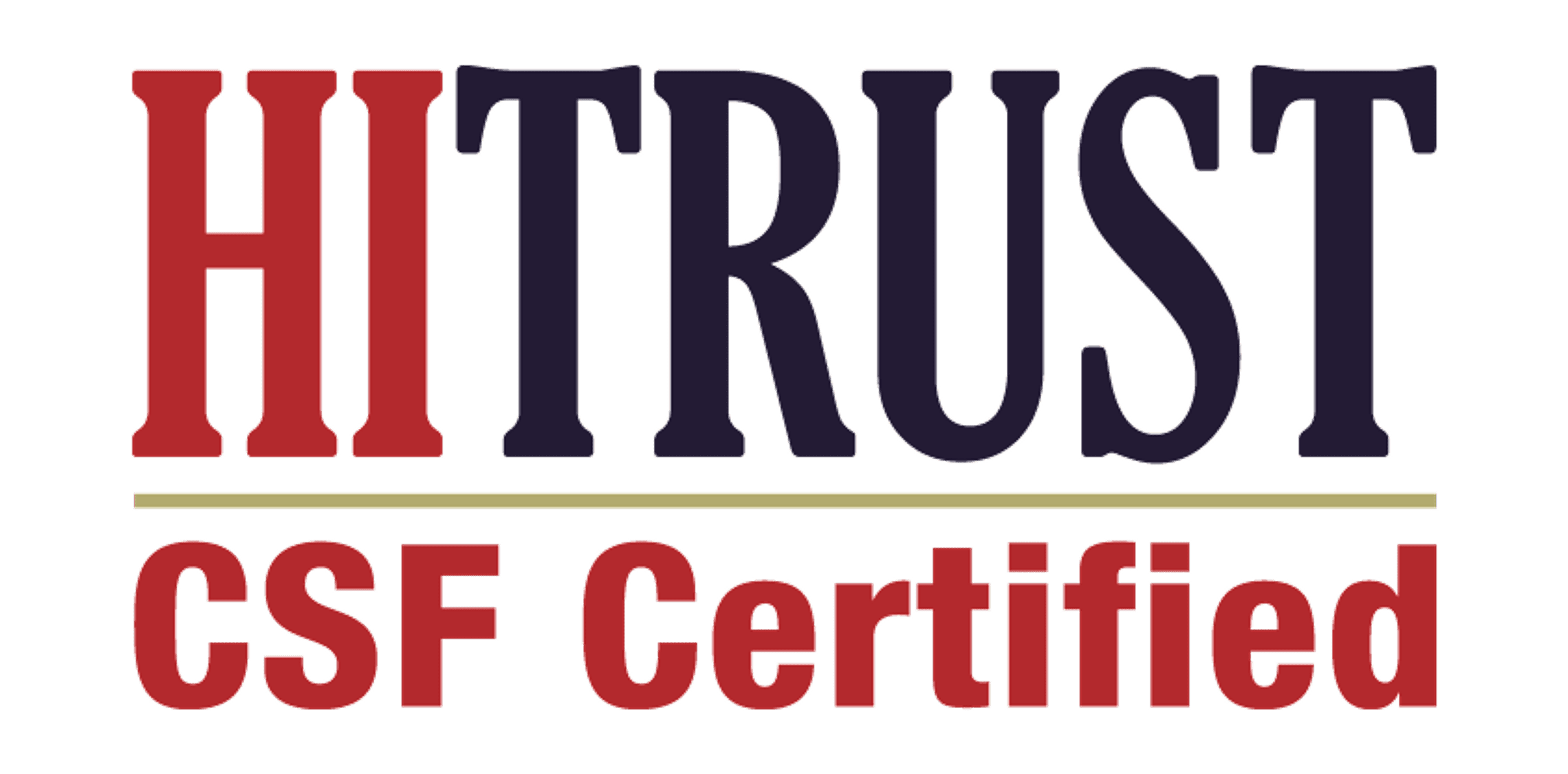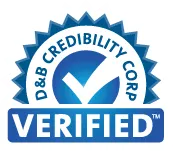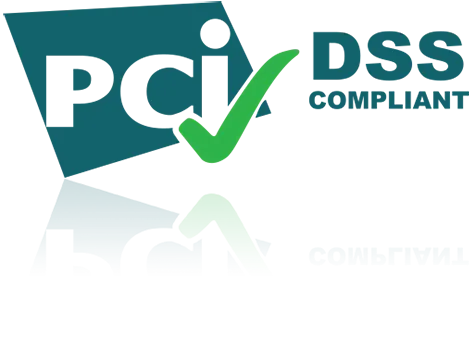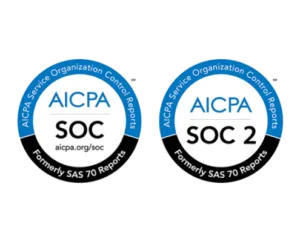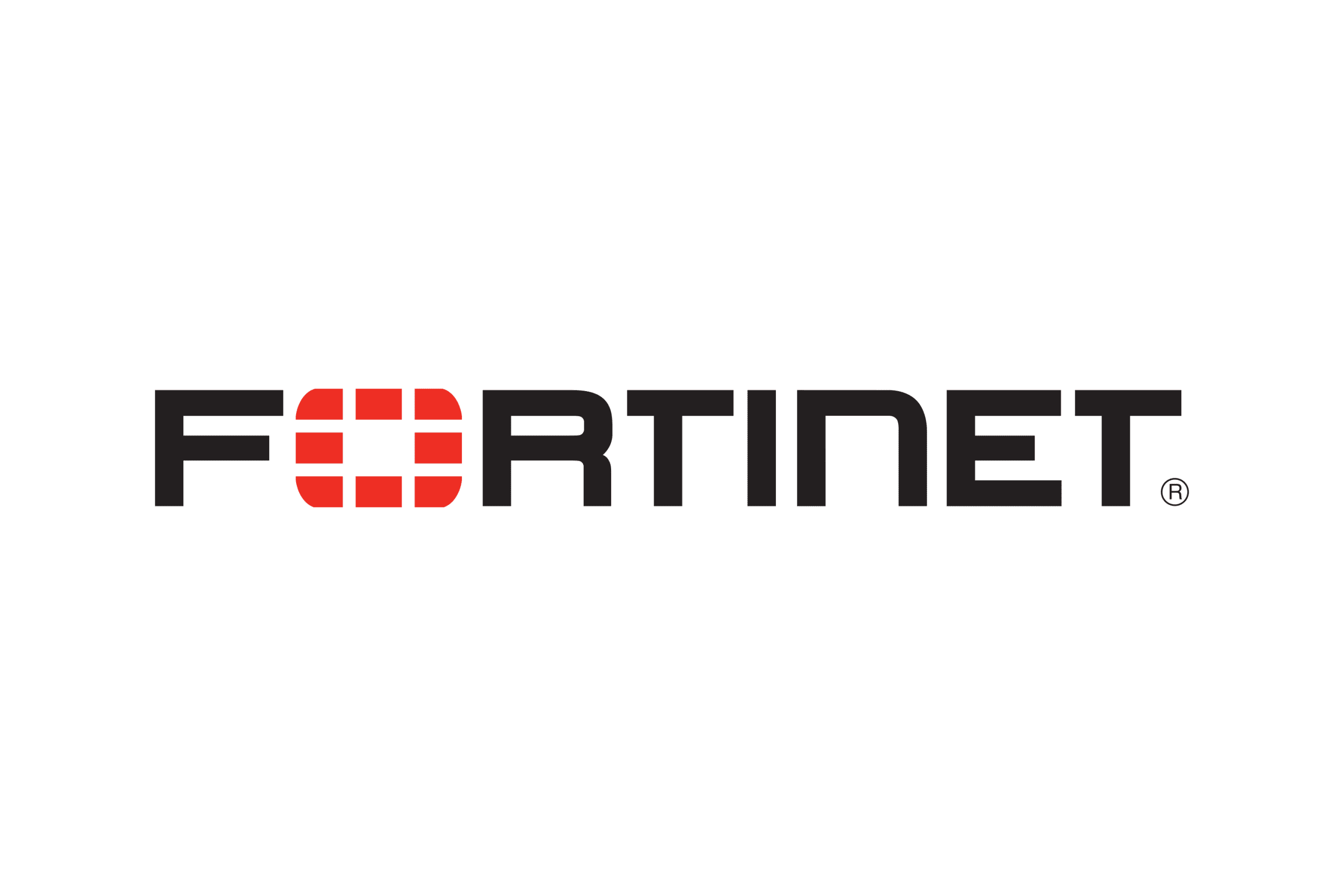Cloud & MSP provider differences
What business challenge can we help you solve?
Cloud & MSP provider differences
A Cloud Host Provider (CHP) and a Managed Services Provider (MSP) are both essential players in the technology and cloud computing industry, but they have different roles and responsibilities. Here’s a comparison of their primary responsibilities:
Cloud & MSP provider differences
A Cloud Host Provider (CHP) and a Managed Services Provider (MSP) are both essential players in the technology and cloud computing industry, but they have different roles and responsibilities. Here’s a comparison of their primary responsibilities:
Cloud Host Provider (CHP):
- Infrastructure Provisioning: A CHP is responsible for offering and managing the underlying infrastructure required for cloud services. This includes servers, storage, networking, and virtualization technologies.
- Scalability and Availability: CHPs ensure that their cloud infrastructure is designed to handle the scalability needs of their customers. They also maintain high availability by managing redundancy, load balancing, and failover mechanisms.
- Data Center Management: CHPs own and operate data centers that house the physical infrastructure. They are responsible for data center security, cooling, power management, and disaster recovery plans to protect against hardware failures and other emergencies.
- Network Connectivity: CHPs establish and maintain robust network connectivity within their data centers and to the internet. They ensure high-speed and reliable connections to enable data transfer between cloud resources and end-users.
- Infrastructure Maintenance: CHPs handle routine maintenance tasks such as hardware upgrades, security patches, and system updates to keep the infrastructure up to date and secure.
Managed Services Provider (MSP):
- Service and Application Management: MSPs focus on managing and supporting specific services and applications deployed on cloud infrastructure. They ensure the smooth operation and performance of these services, addressing issues, and optimizing configurations.
- Monitoring and Alerting: MSPs implement monitoring tools and processes to track the performance, availability, and security of cloud-based systems and applications. They receive alerts and notifications in case of any anomalies or incidents and respond accordingly.
- Security and Compliance: MSPs play a crucial role in ensuring the security and compliance of cloud environments. They implement security measures, including access controls, encryption, and vulnerability management. They also assist in compliance audits and adherence to relevant regulations.
- Backup and Disaster Recovery: MSPs develop and manage backup and disaster recovery strategies for cloud-based systems. They implement backup solutions, perform regular data backups, and create recovery plans to minimize downtime and data loss in case of emergencies.
- Customer Support: MSPs provide technical support and customer assistance to their clients. They address customer queries, troubleshoot issues, and offer guidance on using cloud-based services effectively.
It’s important to note that there can be overlap in some areas, as some providers may offer a combination of services or work together in partnerships to deliver comprehensive solutions. The specific responsibilities of a CHP and an MSP can also vary depending on the service level agreements (SLAs) and the specific needs of the clients they serve.







